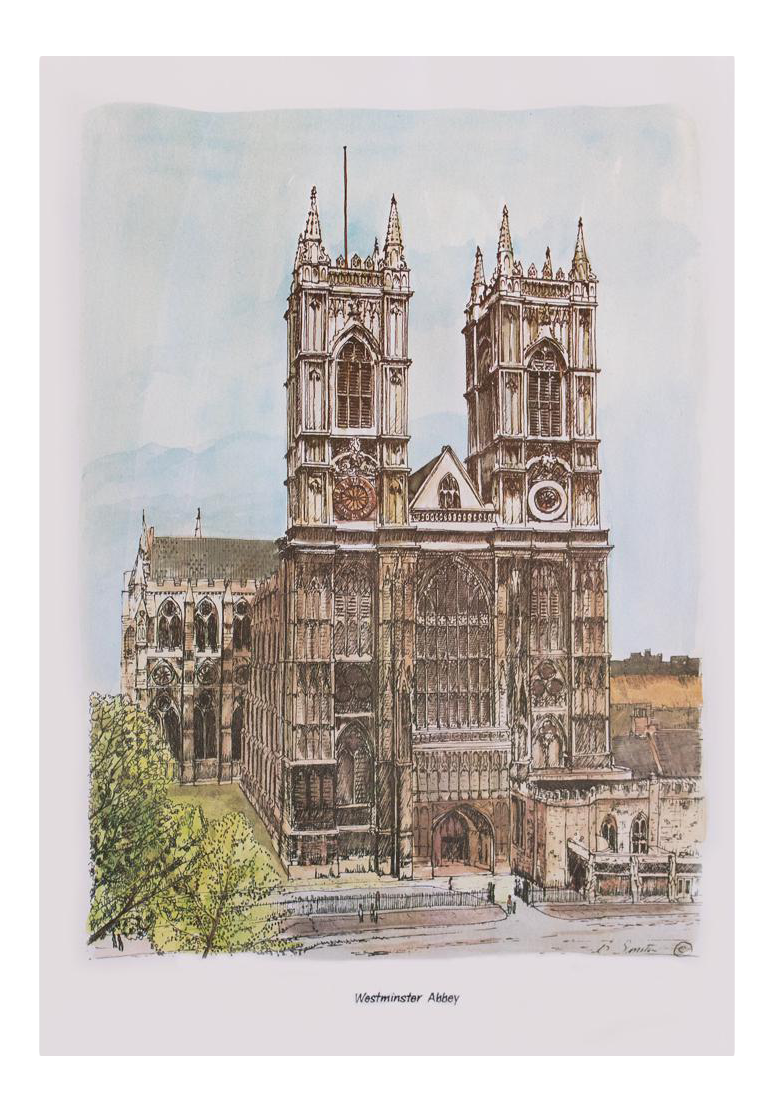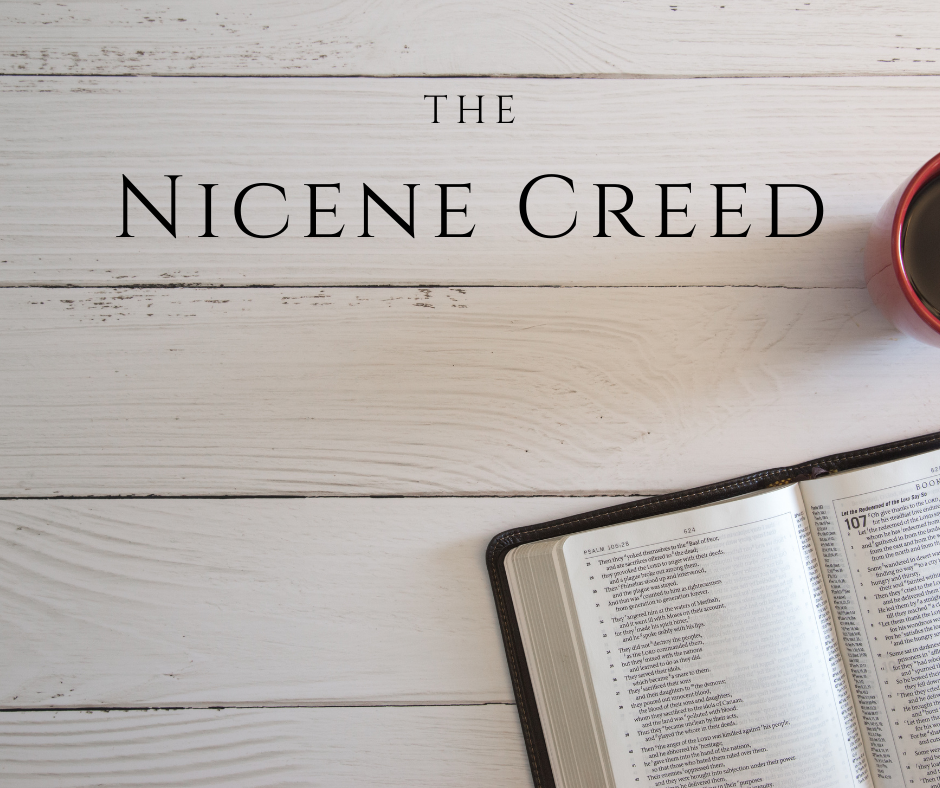Westminster Shorter Catechism in 52 Weeks
1 Foundations Q 1-3 2 God Q 4-6 3 Decrees Q 7-8 4 Creation Q 9-10 5 Providence Q 11-12 6 First Parents Q 13 7 Sin Q 14-15 8 First Transgression Q 16-17 9 Fall Q 18 10 Misery of that estate Q 19 11 Estate of Sin Q 20 12 Redeemer Q 21-22 13 Prophet Q 23-24 14 Priest/King Q 25-26 15 Humiliation/Exultation Q 27-28 16 Partakers Q 29-30 17 Effectual Calling Q 31-32 18 Justification/Adoption Q 33-34 19 Sanctification Q 35-36 20 Benefits at Death Q 37-38 21 Duty of man Q 39-40 22 Moral Law Q 41- 42 23 Preface Q 43-44 24 First Commandment Q 45-46 25 Q 47-48 26 Second Commandment Q 49-50 27 Q 51-52 28 Third Commandment Q 53-54 29 Q 55-56 30 Fourth Commandment Q 57 31 Q 58-59 32 Q 60 33 Q 61-62 34 Fifth Commandment Q 63-64 35 Q 65-66 36 Sixth Commandment Q 67-69 37 Seventh Commandment Q 70-72 38 Eighth Commandment Q 73-75 39 Ninth Commandment Q 76-78 40 Tenth Commandment Q 79-81 41 Is any man able Q 82-84 42 Escape his wrath Q 85-86 43 Repentance unto life Q 87 44 Outward Means Q 88 45 Word Q 89-90 46 Sacraments Q 91-93 47 Baptism Q 94-95 48 Lord's
We believe in one God
As we continue to look at the Nicene Creed, it is important to notice the first word of the creed, 'We.' One of the great benefits of professing a creed is the summary of Christian doctrines as revealed in the Scriptures. Also, these truths have been confirmed and said by the saints throughout the ages. In a post-modernist world, where the mantra phrase might be, you can have your truth, and I will have my truth, which focuses on the
Nicene creed
We are looking at the Nicaeno-Constantinopolitan Creed or Nicene creed. The creed was originally written in 325 AD but later expanded in Constantinople in 381 AD. The expanded section dealt with the Holy Spirit. The original creed was written at the council of Nicaea (present day Iznik, Turkey), hence why we call it the Nicaean Creed. In 324 AD the Roman empire was united again under Constantine, who was a recent convert to Christianity. The council of Nicaea was the
Why Creeds?
Creeds are important to the Church. A creed instructs us the truths contained In the Bible. They are written by man and are accurate in as much they teach truth contained in the Scriptures. Even the Bible teaches of doctrines of the faith handed down to the saints (Jude 3). Paul instructs the Thessalonians that they are to "stand firm and hold to the traditions that you were taught by us, either by our spoken word or by our letter
The Threshing Floor
Ruth 3:1-18 I. Plan for Redemption (1-5) We continue our study through the book of Ruth. We turn to chapter three, which follows a similar structure to the second chapter. It begins with a conversation between Naomi and Ruth, then moves to the fields where greetings and conversations occur between Boaz and Ruth, then finally returns to Ruth coming home and updating Naomi. The book of Ruth is short yet sweet. It is a literary masterpiece of writing. This week we come
Seeking Shelter, Finding Fruit
Ruth 2:1-23- Seeking Shelter, Finding Fruit Chapter one of Ruth sets the scene for the rest of the book. Naomi and Ruth are now in the land of Judah. Being back in Judah is one significant hurdle to cross. When Sarah and I were engaged, we needed to go through the process of getting a visa for me to come to America. A lot of paperwork and documents, waiting, an expensive medical exam, and an interview at the American embassy. We
Pain and Providence
Ruth 1:19-22- Pain and Providence Last week we looked at this passage briefly, as we saw it in the narrative. This week I would like to study this passage more deeply, within the narrative but theologically. This passage has rich meaning and can teach us a lot about ourselves and the Providence of God. Particularly the providence of God in times of suffering. We began looking at the dark and depressing time that the book was written in and Naomi, who
The Prodigal Daughters
Ruth 1:6-22- The Prodigal Daughters When telling a story, you can often tell what is important to the writer based on the amount of time that is given to a particular aspect of the story. This is true in Ruth; the first five verses of the book explain a vast amount of time (over ten years) in very few words. There is no dialogue, no explanation, no details about Mahlon and Chilion's wedding. However, we come to a brief moment in
Pray for the nation
1 Timothy 2:1–6 (ESV) First of all, then, I urge that supplications, prayers, intercessions, and thanksgivings be made for all people, for kings and all who are in high positions, that we may lead a peaceful and quiet life, godly and dignified in every way. This is good, and it is pleasing in the sight of God our Savior, who desires all people to be saved and to come to the knowledge of the truth. For there is one God, and there is one mediator







